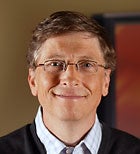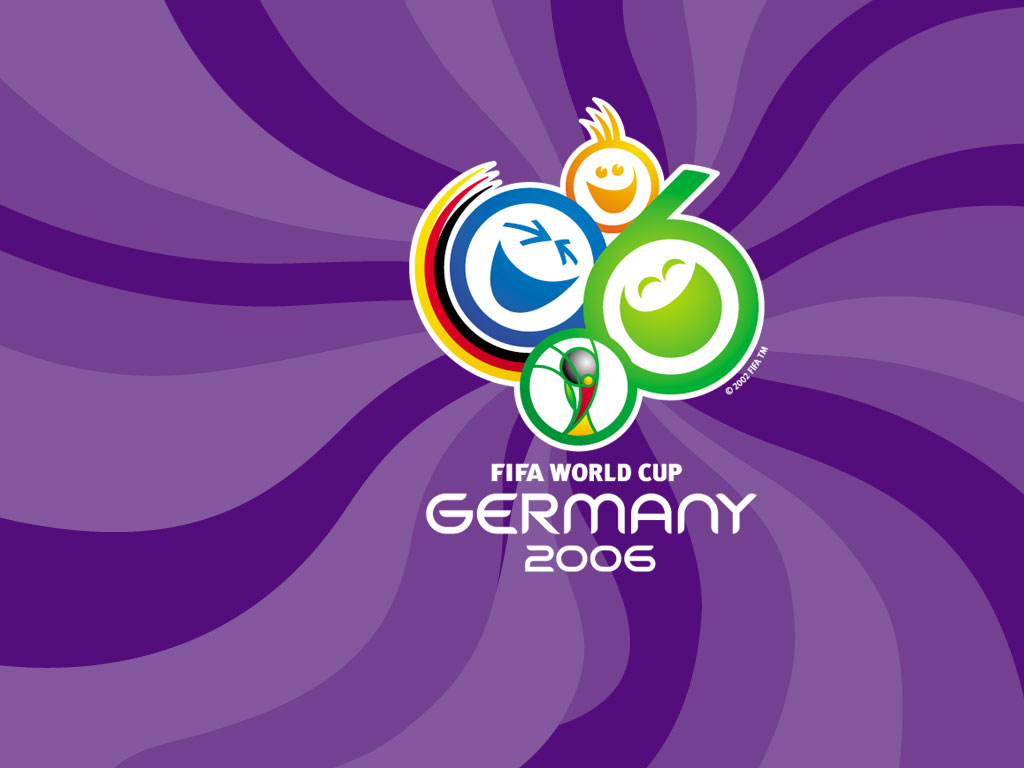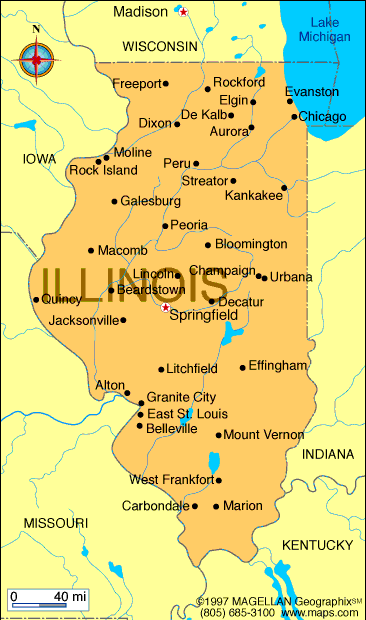Vonage is Sued for Patent Infringement by Verizon Communications
 Vonage provides telephone services via broadband internet connections. They recently proclaimed themselves as "Leading the Internet Phone Revolution," with over 1.6 million lines and having the largest market share in broadband telephone services. However, in early June 2006, Verizon filed suit against Vonage claiming that Vonage is infringing seven of its patents relating to internet phone technology. This technology relates to completing calls between VoIP users and the public network, authenticating VoIP callers, validating VoIP callers' accounts, monitoring the usage of the VoIP callers, fraud protection, providing enhanced features and using Wi-Fi handsets with VoIP. All of these claims relate to key features of Vonage's commercial services. Therefore, if Vonage loses the lawsuit, they may no longer be a viable company.
Vonage provides telephone services via broadband internet connections. They recently proclaimed themselves as "Leading the Internet Phone Revolution," with over 1.6 million lines and having the largest market share in broadband telephone services. However, in early June 2006, Verizon filed suit against Vonage claiming that Vonage is infringing seven of its patents relating to internet phone technology. This technology relates to completing calls between VoIP users and the public network, authenticating VoIP callers, validating VoIP callers' accounts, monitoring the usage of the VoIP callers, fraud protection, providing enhanced features and using Wi-Fi handsets with VoIP. All of these claims relate to key features of Vonage's commercial services. Therefore, if Vonage loses the lawsuit, they may no longer be a viable company.Patent infringement occurs when a person or company, during the patent term, makes, uses or sells the patented invention without authorization. The two most common patent infringement defenses are: 1) the patent is invalid and/or 2) the patent has not been infringed. If a defendant is found to infringe a patent, the Court will issue an injunction that prevents the defendant from further making, using or selling the infringing product. For damages, the defendant may be required to pay the plaintiff lost profits and possibly punitive damages for willful infringement.
However, currently, Vonage's biggest concern may be 'How much is this thing going to cost?' Patent litigation is extremely expensive, often reaching millions of dollars, and Verizon has deep pockets, meaning Verizon could drag out the long litigation.
In the upcoming months, Vonage must decide whether to 1) settle the case or 2) go forward with the litigation. If they decide to settle the case, Vonage may be able to license the technology allowing them to continue use. However, while licensing may be an option, this option may act as an admission that they have no ownership rights to the technology. If they decide to go forward with the litigation, the litigation costs, and potential damages may cripple the company, but a positive verdict may be worth the risk.
While the suit has only just begun, the other industry giants will be paying close attention to the progression of this case.













